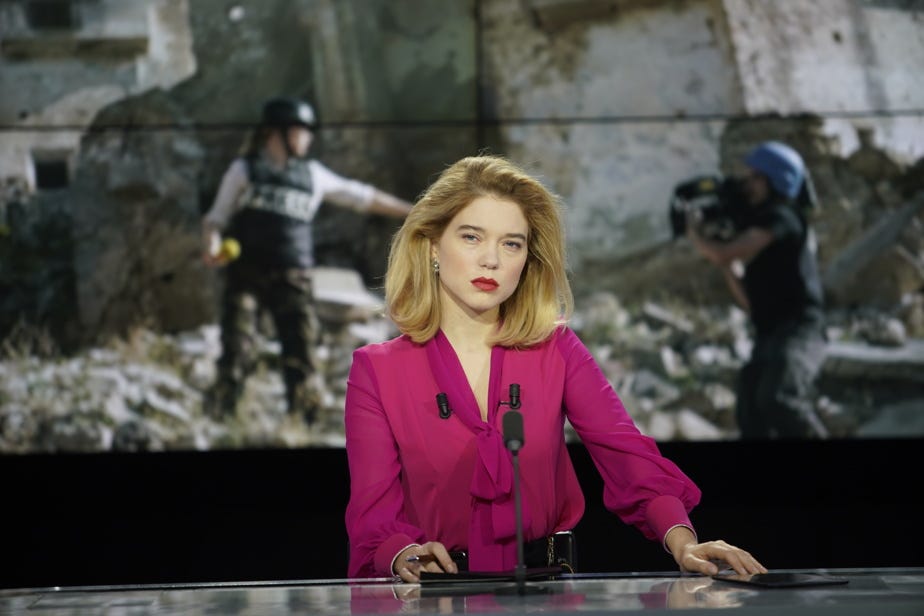France (Bruno Dumont)
Bruno Dumont’s France is, in one sense, one of his most accessible and palatable films, tinged with the satirical, comic, and melodramatic, and far removed from both the bleak austerity that characterizes much of his work as well as the more playfully experimental flourishes of his more recent work. Or is it? France is almost like a…
Keep reading with a 7-day free trial
Subscribe to Long Voyage Home to keep reading this post and get 7 days of free access to the full post archives.




